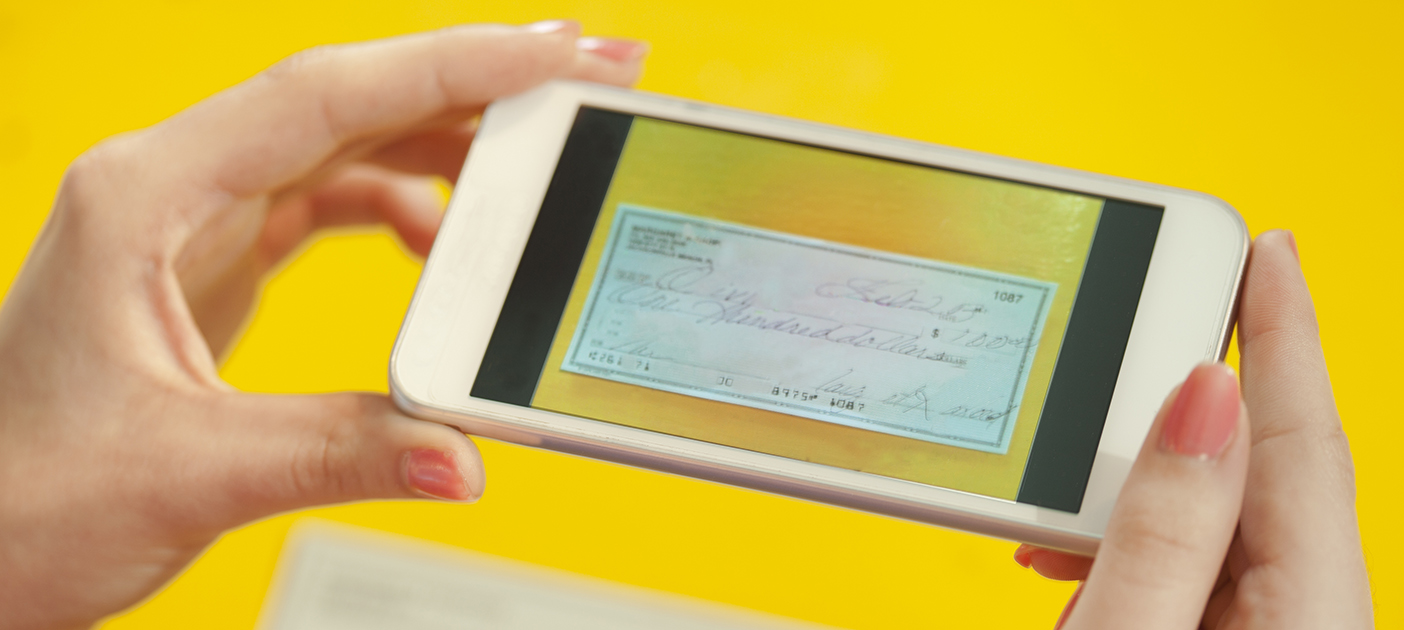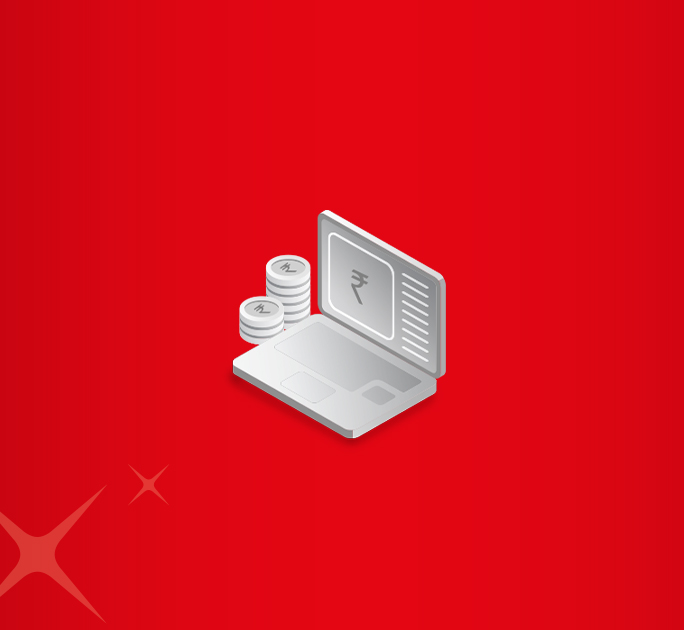Getting your first pay cheque is arguably the foremost milestone of adulthood. Wielding spending power may be exhilarating, but before your imagination runs wild on how you can spend your first salary here is some food for thought.
Here are the things you should do when you get your first pay cheque:
1) Building your stash: the 50/30/20 rule

How much should you spend, and how much should you save? A good guide is to follow the 50/30/20 rule. First, divide your take-home salary into the following portions:
- 50% - expenses on basic necessities
- 30% - miscellaneous spending
- 20% - savings and investments
2) Budgeting: master the big 50%
Without careful planning, your money will quickly diminish. Besides the obvious essentials—food, transport, groceries, telco bills, rent (if you’re on your own), or allowance for the parents, prioritise things that make you happy and help in your growth.
For example, with your first pay cheque, you could pay for a weekend class to keep learning new skills. Or you could invest in a good suit to add to your workplace wardrobe, that could aid your career growth.
3) The next 30%: reward yourself
The next 30% can be used on “discretionary” spending or, simply put, what you allow yourself to splurge on. There is nothing wrong with rewarding yourself for all the hard work you put in – just make sure you spend within limits.
4) The final 20%: savings and investments
You need about three to six months’ savings to be termed ‘financially stable’. This means clear liquid money with zero debts to cover, saved up for emergency purposes. Life is full of surprises and you’ll never know when you’ll need the money. Your investments may form a part of this fund if they can be converted to cash quickly as and when needed.
If it helps, consider having two bank accounts: one for salary crediting and daily expenses, and the other to build your emergency fund.
Once you’ve settled the basics, look into growing your money. Learn how to make your money work harder. Speak to savvy friends or financial advisors on how your different spending and savings accounts should be set up.
5) Start by investing within your affordability
You don’t need a lot of money to start investing. With just Rs. 500 a month, you can start investing via an SIP (Systematic Investment Plan) in the Mutual Fund of your choice.
You can also look into getting a basic insurance or investment-linked plan at this age, as premiums tend to be lower the earlier you start. Plus, having adequate coverage during emergencies allows you to remove one item from things to worry about.
Whatever your choice of investments, remember one magic word: Diversify. Spread your resources around.
6) Stay debt-free

If you start your early career with a few existing financial commitments — such as an education loan — always aim to clear these as quickly as you can. Stick to a lean monthly budget or use some of your savings to clear the debt. If you have multiple loans to clear, be diligent in setting aside funds each month to service your commitments.
The bottom line: Be purposeful in how you spend your hard-earned money. While you’ve definitely earned the right to reward yourself with your first pay cheque, cultivating a habit of prudent spending and financial discipline will be something your future self will thank you for.
DBS Bank offers Mutual Funds that are instant, paperless, signatureless – even transaction fee-less! What’s more? You get to choose from 250+ Mutual Funds across 15 top-performing asset management companies. So why wait? Login to digibank (app or internet banking) and start investing in a flash with instant Mutual Funds on DBS Bank.
Read up more on Mutual Funds here
Mutual Fund investments are subject to market risks, read all scheme related documents carefully before investing.






